The second 'Central Asia – Russia' summit has concluded in Dushanbe, held under the chairmanship of the President of Tajikistan, Emomali Rahmon. This meeting continued the efforts to build a sustainable platform for cooperation between the countries of the region and the Russian Federation.
The format was first launched three years ago, in October 2022, in Astana. Since then, the political and economic landscape surrounding it has changed significantly, lending this latest meeting a particularly distinct character.
According to Vladimir Putin, Russia remains committed to a course of strategic partnership with the Central Asian states. The Russian President expressed his intention to strengthen political, economic and humanitarian ties, noting that trade turnover with the region has already exceeded $45 billion. Russia also continues to be one of the largest investors in the region’s economies, with total investment estimated at more than $20 billion. However, such figures are increasingly seen not as indicators of growing influence, but as reminders of what was achieved in previous years – especially in the context of intensifying competition from other external players.
Transport logistics emerged as a central theme in Putin’s address. He proposed unifying all existing and planned corridors between Russia and the countries of the region into a single system, placing particular emphasis on the "North–South" and "East–West" routes. These routes, he argued, should become the foundation for new trans-Eurasian corridors capable of significantly increasing the volume of international freight transport.
In addition, Russia expressed its readiness to participate in the construction of new hydroelectric power plants in the region and invited Central Asian partners to take a more active role in joint industrial projects.
At the end of the summit, participants adopted a Joint Communiqué and a Plan of Joint Actions for 2025–2027. These documents outline a common direction for cooperation, but the actual potential for implementation will largely depend on the political will and economic capabilities of all sides, including Russia itself.
The current geopolitical context adds an extra layer of meaning to the summit. The 'Central Asia – Russia' format is not viewed by the region’s countries as a rejection of multi-vector foreign policy. On the contrary, it serves as a tool for maintaining strategic balance. This is particularly true for Kazakhstan, where maintaining flexibility in international relations remains a key priority.
Nevertheless, Russia’s position today is less assured than it was three years ago, during the first summit. Back in 2022, the Russian economy showed resilience in the face of sanctions, and the Kremlin appeared confident in its strategic choices.
Now, in the fourth year of the war, economic growth has slowed, financial indicators are declining, and more analysts are pointing to signs of stagnation. The ongoing military confrontation with Ukraine continues to drain resources, and Russia’s ability to offer large-scale new projects to the region has objectively diminished.
Meanwhile, Central Asian countries are actively expanding ties with other centres of global influence. The Dushanbe summit was the third in recent months, following the 'Central Asia – China' and 'Central Asia – European Union' meetings. Both revealed increasing interest from outside powers – and growing agency on the part of Central Asian states to choose among competing partners.
In June, a summit was held in Astana with the participation of Chinese President Xi Jinping. Participants praised the Belt and Road Initiative and expressed readiness to align it with their own national development strategies.
The Middle Corridor, which connects China to Europe via Central Asia and the South Caucasus, has become particularly sought after, as businesses look to bypass Russian territory to avoid sanctions.
In Kyrgyzstan, construction has already begun on a railway that will pass through Uzbekistan and Turkmenistan, creating a new route for transporting goods.
In addition to infrastructure development, Beijing pledged $208 million to support livelihood and development projects across Central Asia.
The second major external vector is the European Union. In April, a summit was held in Samarkand with European Union representatives, where the Global Gateway strategy was presented. Brussels outlined plans to deepen economic ties and access critical raw materials, while also boosting cooperation in energy, digital infrastructure and water resource management. The investment package announced totalled more than $13.2 billion – one of the most significant offers the region has seen in recent years.
Against this backdrop, Putin’s participation in the 'Central Asia – Russia' summit is seen as an attempt to recalibrate Moscow’s relations with the region, to remind partners of past cooperation and offer symbolic reassurances for the future.
However, as experts note, Russia’s current capabilities are no longer what they were even two years ago. The country increasingly finds itself not in the role of a dominant player, but as a partner trying to retain its position, competing not with abstract threats but with very real alternatives.
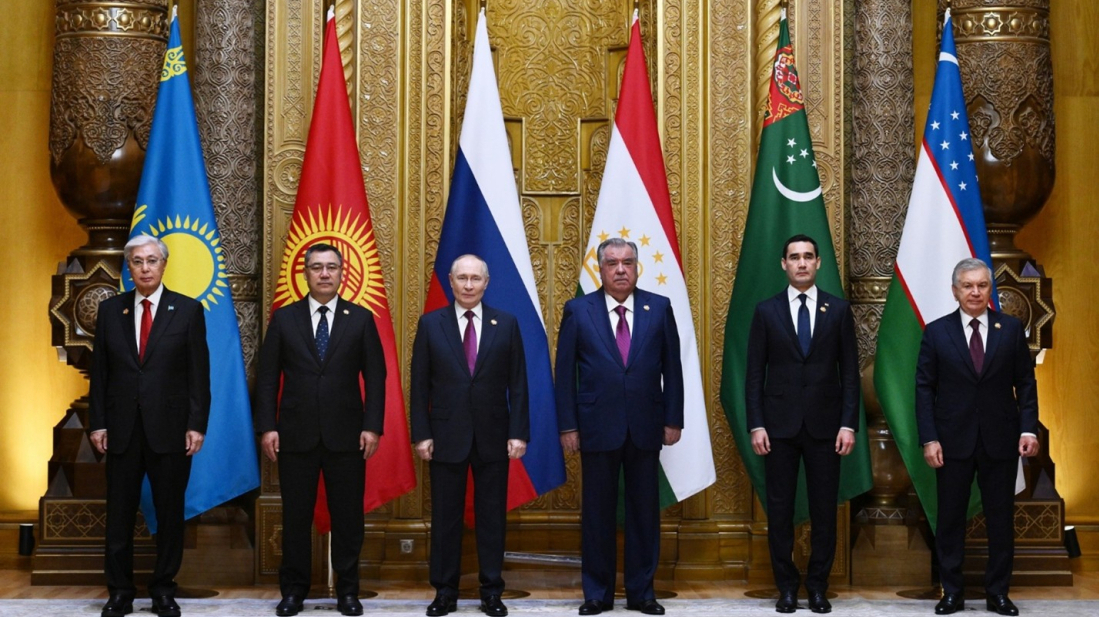
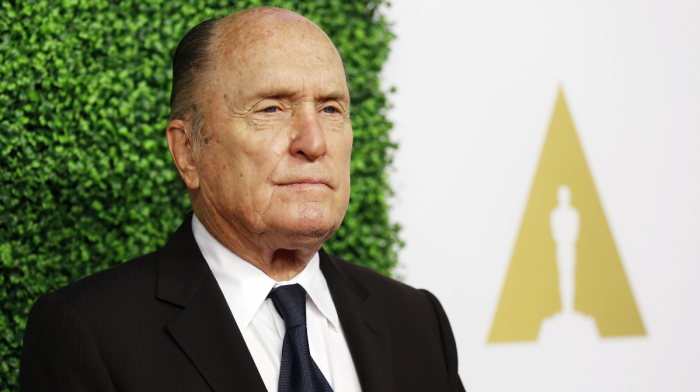


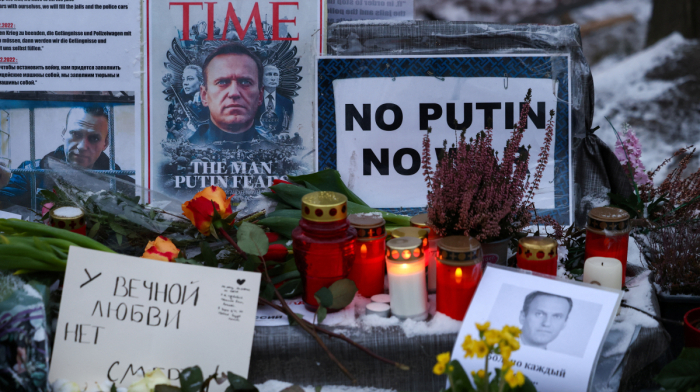
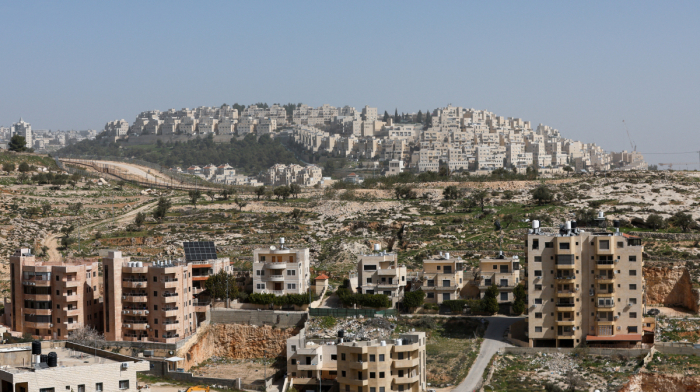

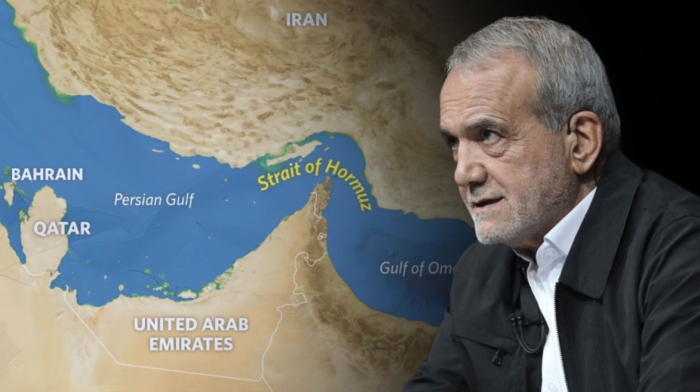
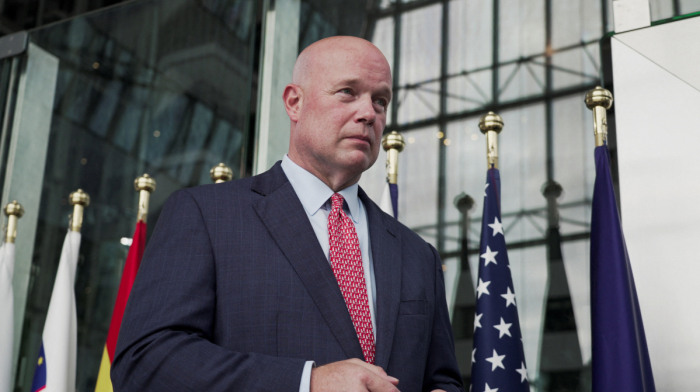

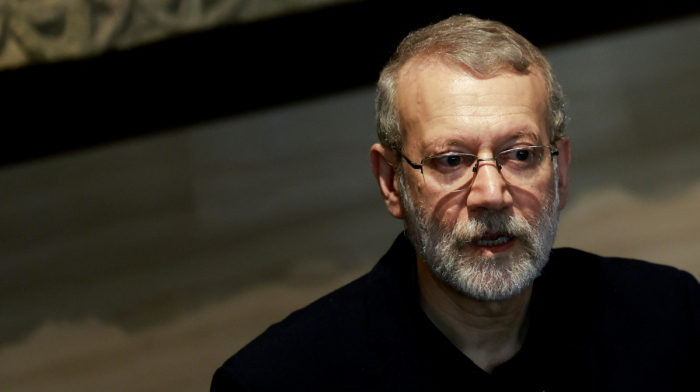
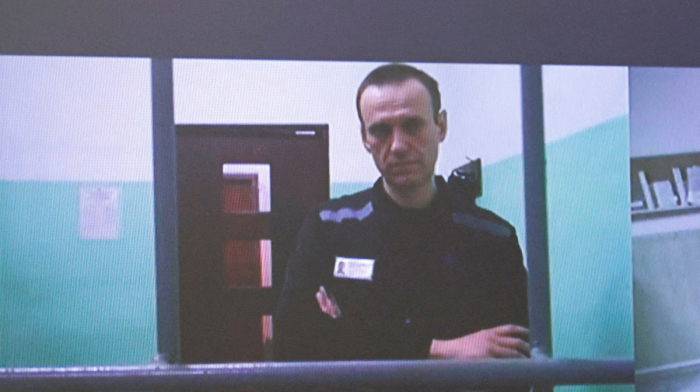
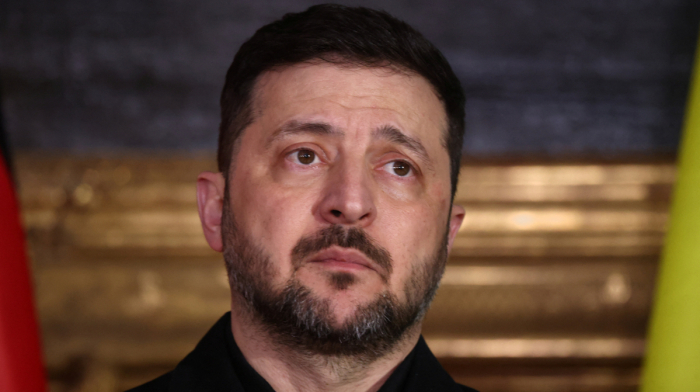
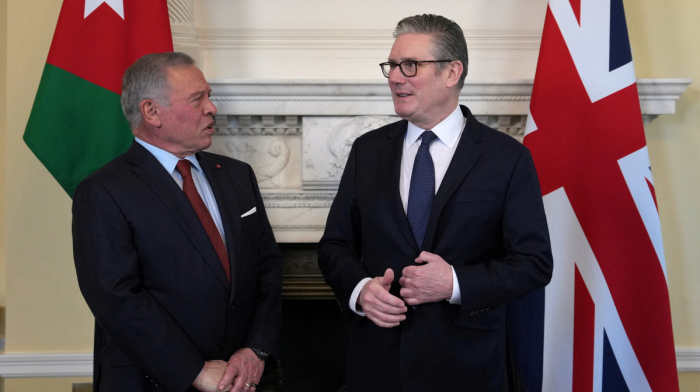
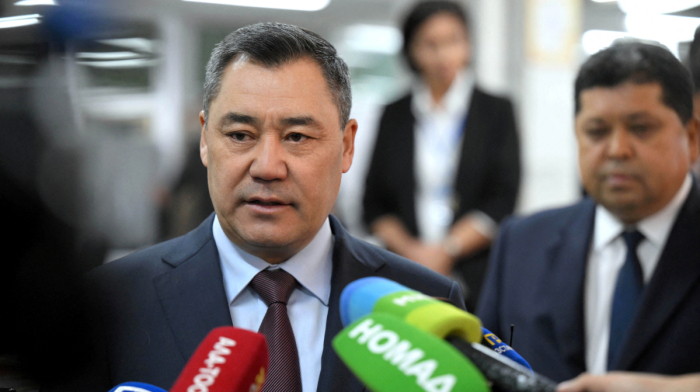
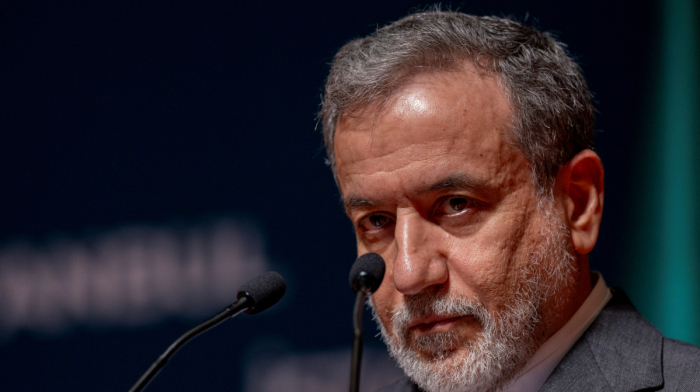
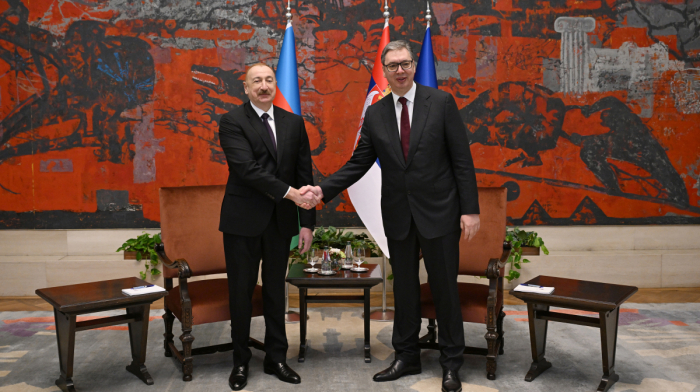



What is your opinion on this topic?
Leave the first comment